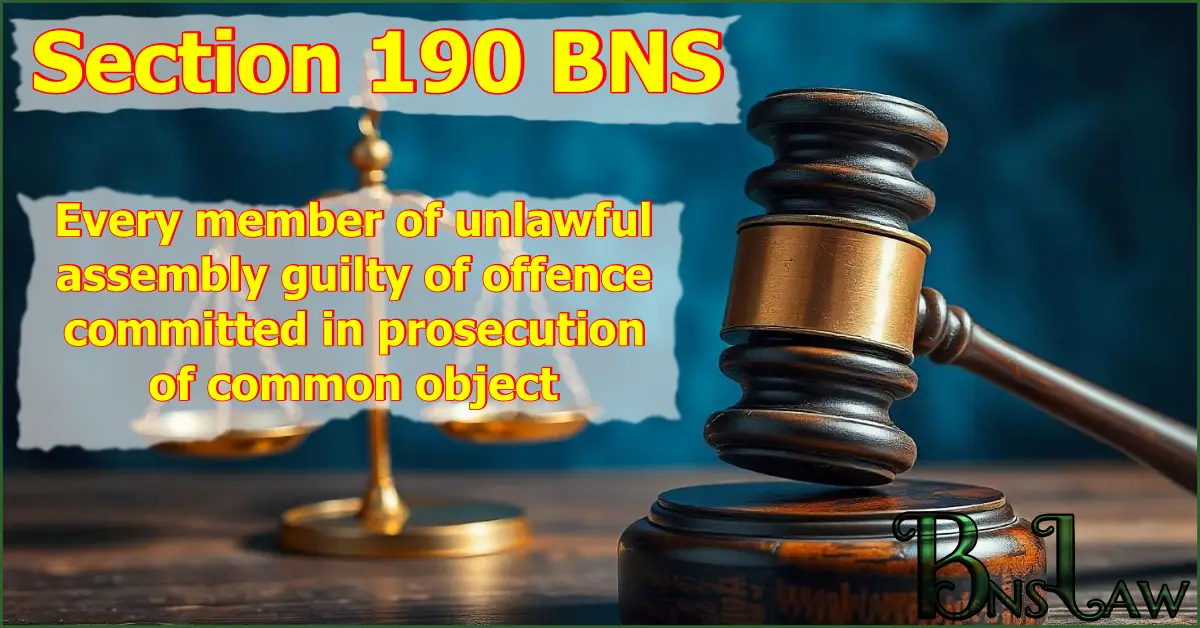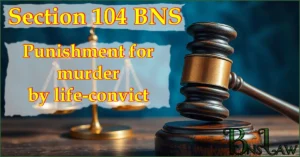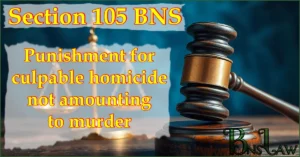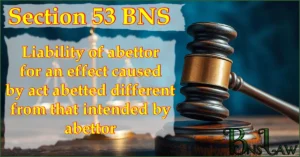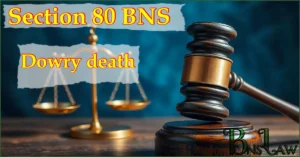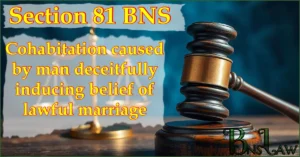Section 190 BNS
If an offence is committed by any member of an unlawful assembly in prosecution of the common object of that assembly, or such as the members of that assembly knew to be likely to be committed in prosecution of that object, every person who, at the time of the committing of that offence, is a member of the same assembly, is guilty of that offence.
READ OTHER SECTIONS OF CHAPTER XI — OF OFFENCES AGAINST THE PUBLIC TRANQUILLITY
| Section No. | Section Title |
|---|---|
| 189 | Unlawful assembly. |
| 190 | Every member of unlawful assembly guilty of offence committed in prosecution of common object. |
| 191 | Rioting. |
| 192 | Wantonly giving provocation with intent to cause riot-if rioting be committed; if not committed. |
| 193 | Liability of owner, occupier, etc., of land on which an unlawful assembly or riot takes place. |
| 194 | Affray. |
| 195 | Assaulting or obstructing public servant when suppressing riot, etc. |
| 196 | Promoting enmity between different groups on grounds of religion, race, place of birth, residence, language, etc., and doing acts prejudicial to maintenance of harmony. |
| 197 | Imputations, assertions prejudicial to national integration. |
FAQs of BNS Section 190
-
190 BNS punishment and fine
Punishment and fine under Section 190 of the BNS is same as for the offence.
-
190 BNS cognizable or not
According as offence is cognizable or non-cognizable.
-
190 BNS bailable or not
According as offence is bailable or non-bailable.
-
190 BNS trial court
Offence specified in Section 190 of the BNS is triable by the Court by which the offence is triable.
Important Points
- Cognizable Offences: These are offences where a police officer can arrest a person without a warrant.
- Non-Cognizable Offences: These are offences where a police officer cannot arrest a person without a warrant.
- Bailable Offences: These are offences where the accused can get bail from the police station itself. All bailable offences are listed in the First Schedule of the Bharatiya Nagarik Suraksha Sanhita (BNSS).
- Non-Bailable Offences: Offences in which bail is not granted directly from the police station but after hearing the case in the court, the judge decides when bail will be granted. All non-bailable offences are listed in the first schedule of the Bharatiya Nagarik Suraksha Sanhita (BNSS).
- In the above FAQ, “trial court” means the court that has jurisdiction to try the offence.
- In the above FAQ, the expression “Magistrate of the first class” and “Any Magistrate” does not include Executive Magistrates.
Read other Sections of the BNS
Reference Link: New Criminal Laws (BNS), Ministry of Home Affairs

